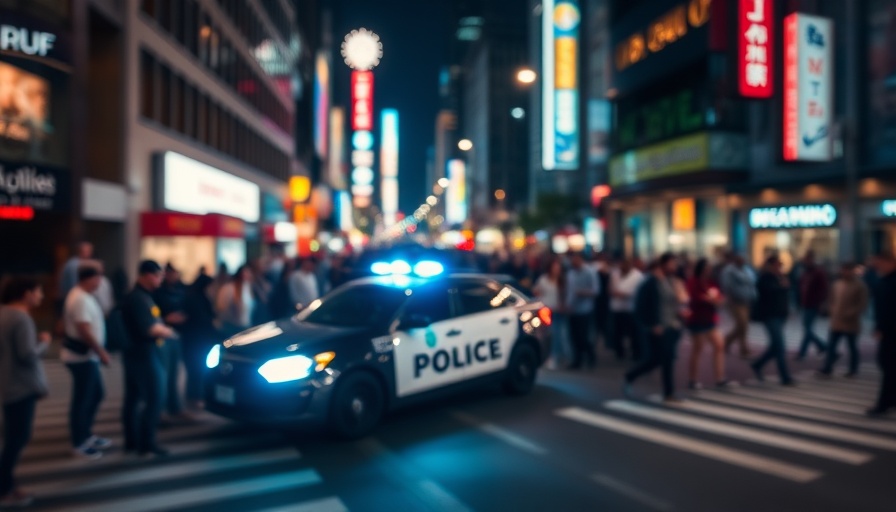
Boston Police Embrace Digital Encryption: What It Means for You
This Saturday marks a significant shift for the Boston Police Department (BPD) as they transition from an analog radio system to a state-of-the-art encrypted digital network. While this modernization aims to enhance safety for both the public and officers, it poses new challenges for local scanner enthusiasts. Once freely accessible, police transmissions will now be delayed and can only be streamed online, displeasing many who relied on quick updates via traditional scanners.
How Digital Encryption Changes Public Access
Listeners seeking to tune into Boston police activity must now visit radio.rapidsos.com/boston. However, they should brace for approximately a five-minute delay in broadcasts. As detailed by BPD spokesperson Mariellen Burns, this change will not only improve audio quality, reducing static, but also fulfil a pressing need for security. "It will help ensure first responders are the first to arrive on what may be a dangerous scene," she explained.
The Debate Over Transparency
This encryption trend is not unique to Boston. Many major police departments across the country have made similar moves, raising concerns about accountability and transparency. The Freedom of the Press Foundation calls attention to this worrying trend, which could hinder media and public oversight of law enforcement operations. They argue that limiting access not only restricts public knowledge but may also cover up critical information regarding police actions.
Looking Ahead: The Balance Between Security and Public Information
While the transition to encrypted communications aims to protect officers from potential threats, it also sparks dialogue about the implications for public safety and trust in the police force. As technology advances, it is crucial to find a balance that safeguards the interests of law enforcement while maintaining open channels of information for the community. The growing reliance on digital formats may push us towards a future where governmental disclosure becomes ever more elusive, leaving many to wonder what it truly means for civil engagement.
As Boston embraces these changes, residents are encouraged to adapt to this new landscape while staying engaged in local governance and community safety discussions. Understanding the implications of this shift not only benefits the public but helps foster a more informed citizenry.
 Add Row
Add Row  Add
Add 




Write A Comment